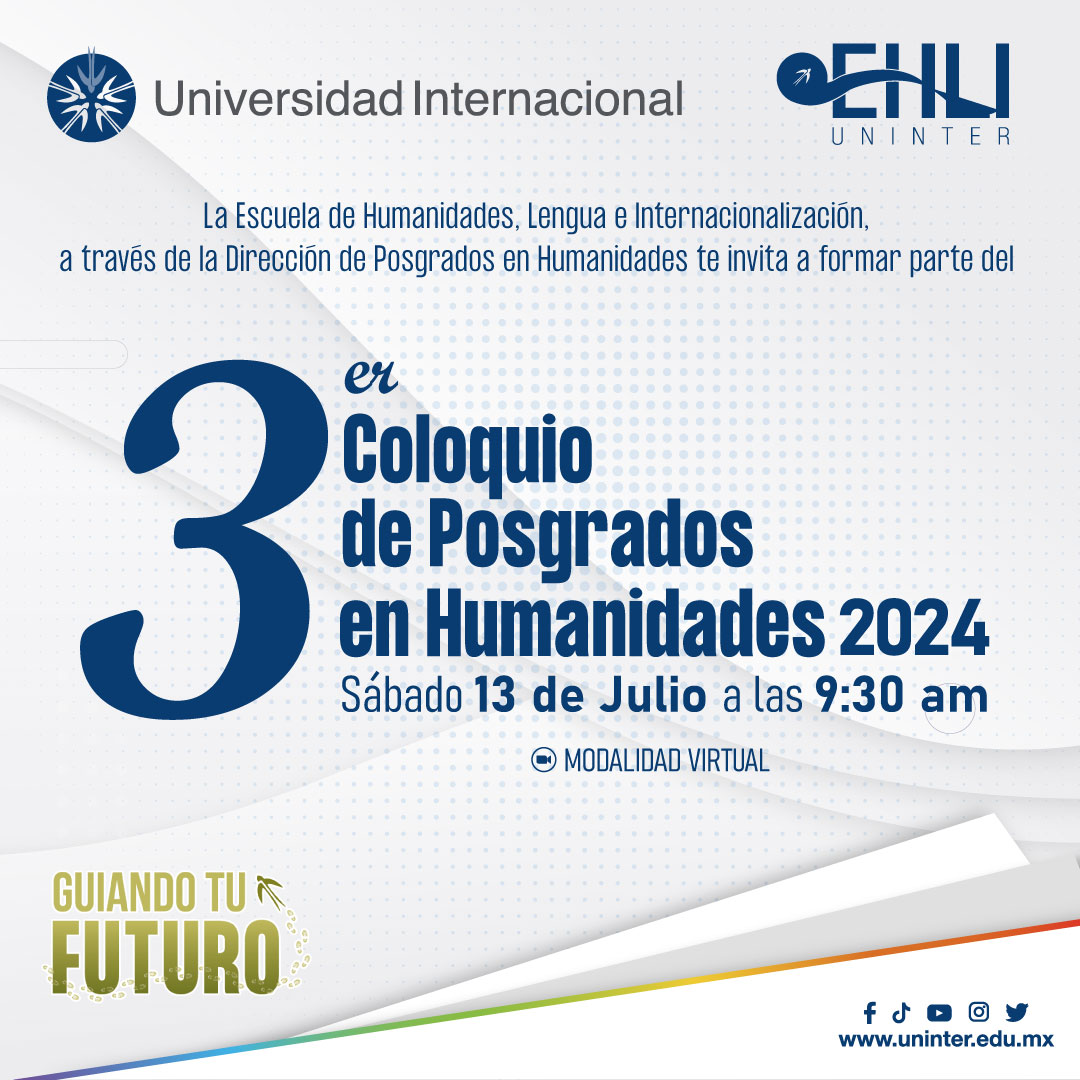A 3 JOURS POUR PARIS 2024
LA TOUR EIFFEL EXPOSITION LES ANNEAUX OLYMPIQUES La Tour Eiffel est déjà habillée pour l’occasion et prête à être admirée par des milliers de personnes rassemblées le long de la Seine, ainsi que par des milliards de spectateurs le 26 juillet lors de la cérémonie d’ouverture des Jeux Olympiques de Paris 2024. Les anneaux olympiques…


